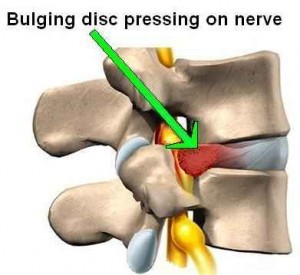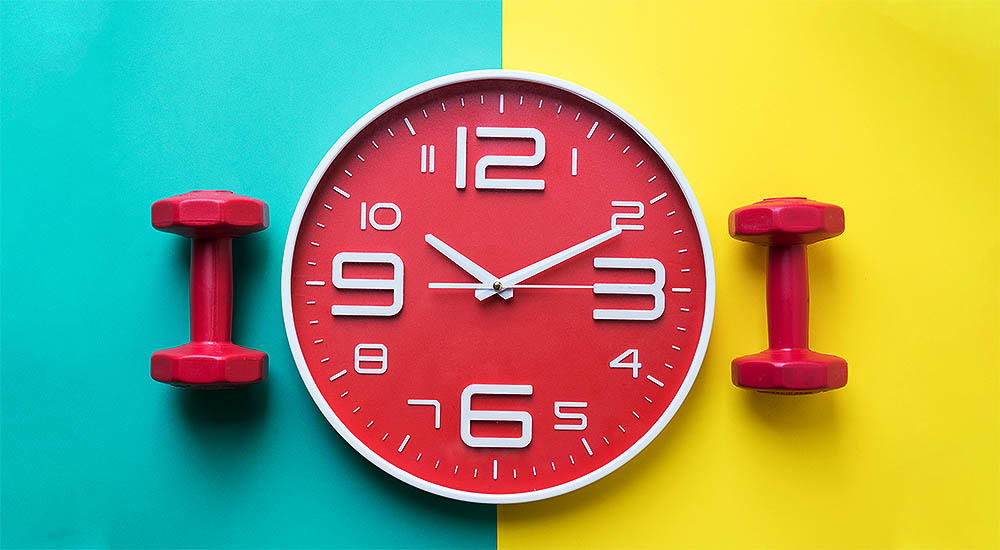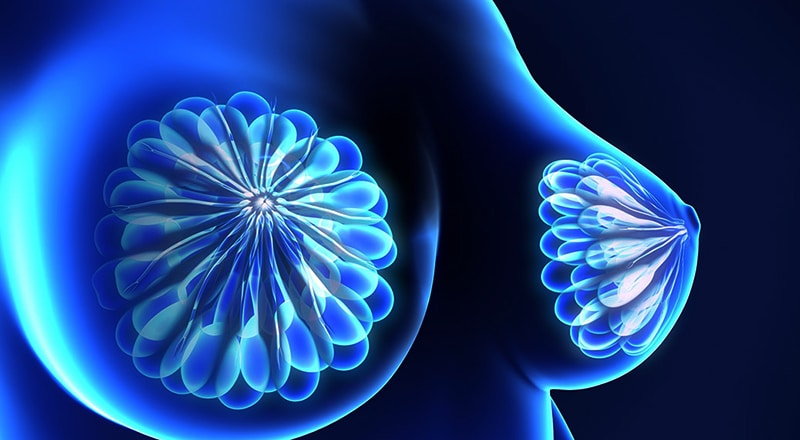Do You Have a Disc Problem? Physical Therapy Helps!
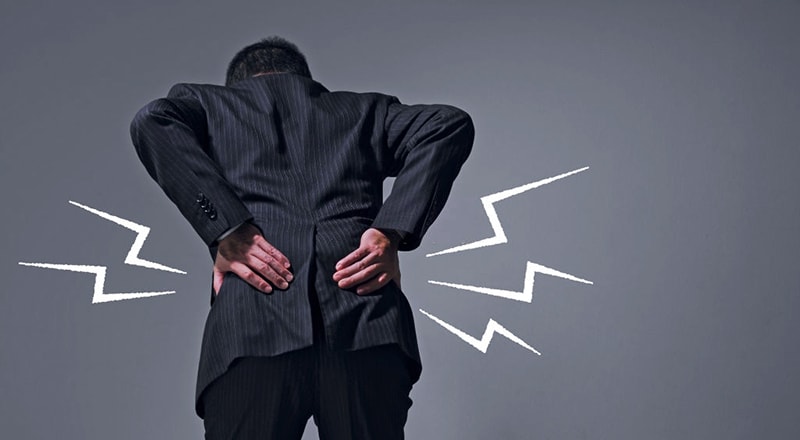
Do You Have ‘Disc Issues’?
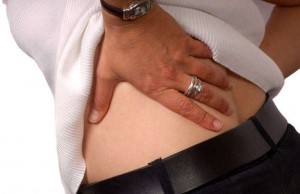
Here at Root Cause, our Physical Therapy team works together to determine the root cause of your pain. Whether it be a pain emanating from a muscular issue, a disc problem, from nerve impingement, or bone deformity, the reason underlying the pain will be discovered and a treatment plan established. In this article, we will specifically discuss intervertebral (simply means between the bones of the spine) disc issues, their symptoms, causes, and treatment.
What is a Disc?
The spinal column is the structure that keeps the torso upright. The spinal column is composed of a series of bones called vertebrae.
In between these vertebrae are discs, and because they are located between the vertebrae, they are called intervertebral discs. The discs are composed of a fibrous outer ring (the annulus fibrosus) and a gel-like matrix in the center (the nucleus pulposus).
The discs act as cushions between the vertebrae, absorbing shock and allowing the motion to occur throughout the spine. The discs are pliable, however, too much pressure on them can damage the annulus fibrosus and nucleus pulposus.
What are Some Common Disc Issues
Disc problems arise when the space between neighboring vertebrae is decreased. This can occur when too much compressive force is put on the spine, as with heavy lifting or poor posture. Also, as a person gets older the nucleus pulposus starts to dry out and so the disc becomes less effective at cushioning the blows delivered through the spine.
The three most common disc issues are herniated discs, degenerative disc disease, and radiculopathy (irritation or injury to a nerve root).
Herniated Disc – is also referred to as a “slipped disc” and occurs when cracks or tears form in the fibrous outer ring of the disc and the nucleus pulposus ‘slips’ out. When the gel-like nucleus pulposus leaks out, it puts pressure on the surrounding nerves and can cause pain.
A herniated disc can occur at any level of the spine, however, it is most common in the low back. Herniated discs in the low back can irritate the sciatic nerve causing pain to radiate down into the leg.
Degenerative Disc Disease (DDD) – this refers to the degeneration of disc space between the two neighboring vertebrae. This problem generally is the result of repetitive wear and tear and not a single traumatic injury.
As we age, the disc dries out and becomes less flexible, leaving it more susceptible to damage. Degenerative disc disease is a natural progression that occurs in 30% of people ages 30-50, according to the Spine-Health Journal.
Factors that can speed up the progression of degenerative disc disease are poor posture, boney misalignments, being overweight, and repetitive spine-loading activities, such as heavy lifting.
Radiculopathy – is caused when the disc is compressed to the point where the corresponding nerve root (emanates adjacent to the disc) becomes pinched.
When a nerve becomes pinched, symptoms of pain, numbness, tingling, and weakness can be experienced along the nerve path.
Radiculopathy most commonly occurs among the lower back and neck vertebrae, from which symptoms can appear in the leg or arm, respectively.
How Do I Know if I Have a Disc Problem?
Disc issues present themselves with a variety of different symptoms. Textbook signs that you have a disc problem are:
• Sharp pain in the neck or lower back
• Pain that radiates down the arm or leg
• Tingling or numbness down the arm to the hand or fingers (disc problem in the neck)
• Tingling or numbness down the leg to the foot and toes (disc problem in the low back)
• Decreased range of motion in the torso or neck
• Inability to extend the back or legs fully without pain
• Pain when bending over
• Loss of strength in one or both arms or legs
Maybe one of the reasons disc problems are so common and difficult to address is that the discs themselves do not have a blood source going to them.
As a result, they are not capable of healing themselves and will continue to cause discomfort unless treated. If you are experiencing any of the symptoms listed above you should schedule a visit with one of the doctors at Root Cause Medical Clinic to have your spine evaluated.
Why Do Disc Issues Occur?
Disc problems arise when too much stress is placed on the disc. Factors that increase such stress are:
• being overweight – our Clinical Nutrition and Medical departments address this successfully
• spinal misalignments – our Chiropractic department can diagnose and treat this
• poor posture- our Physical Therapy department addresses this with tailor-made programs
• using poor body mechanics when lifting – we will teach you the correct way to perform these activities
• poor diet and nutrition – the Clinical Nutrition department excels in this area
• genetic predisposition – remember it’s just a predisposition, not engraved in stone. You can still be healthy.
• sedentary lifestyle – a combination of Physical Therapy and Chiropractic can address this
• traumatic injuries to the spine – depending on the severity, we treat many injuries.
How to Successfully Treat Disc Problems
The primary goal of treatment for disc issues is pain management. To alleviate disc pain, wherever it may be, the root cause must first be identified. The doctors at Root Cause Medical Clinic are highly experienced in performing diagnostic and functional tests to determine the root cause of pain. Once the real cause is identified, the Root Cause Medical Clinic's team of doctors will work together to tackle each contributing factor – whether it be diet, poor posture, poor body mechanics, skeletal misalignments, or muscle weakness. Here at the Physical Therapy Department at Root Cause, we have handled countless disc patients and will customize a wellness program using manual therapy, modalities, and strengthening exercises to restore good health to you and your back.
Do you need help with your health?
We have the diagnostic and testing tools, the clinical experience, and a different medical approach to discovering the root cause of why you have the symptoms that are bothering you. As long as you are ready to make some dietary and lifestyle changes, we can help you. We will "hold your hand" through the changes, step by step, to make each step an easy one. We are located in Clearwater, FL, at 1000 S Ft Harrison, at the corner of Ft. Harrison Ave. and Magnolia St. There is plenty of parking space directly accessible from Ft Harrison. If it is not convenient for you to come to Root Cause Medical Clinic, we offer telehealth/telemedicine consultations to residents of certain states. Call us for details.
Contact us for a Consultation – Call 727-335-0400
Ask a Doctor
Have a health concern you'd like to speak with a doctor about? Or just want clarity on a subject? Ask Us!
Featured Articles
Popular Stories

Dr. Rupa Chakravarty DPT, OCS
Director of Physical Therapy at Root Cause Medical
Doctor of Physical Therapy, Orthopedic Certified Specialist
Dr. Chakravarty has numerous certifications for different techniques in Physical Therapy practice. She employs an extensive array of manual as well as exercise techniques to manage her patients’ symptoms during their course of therapy.

